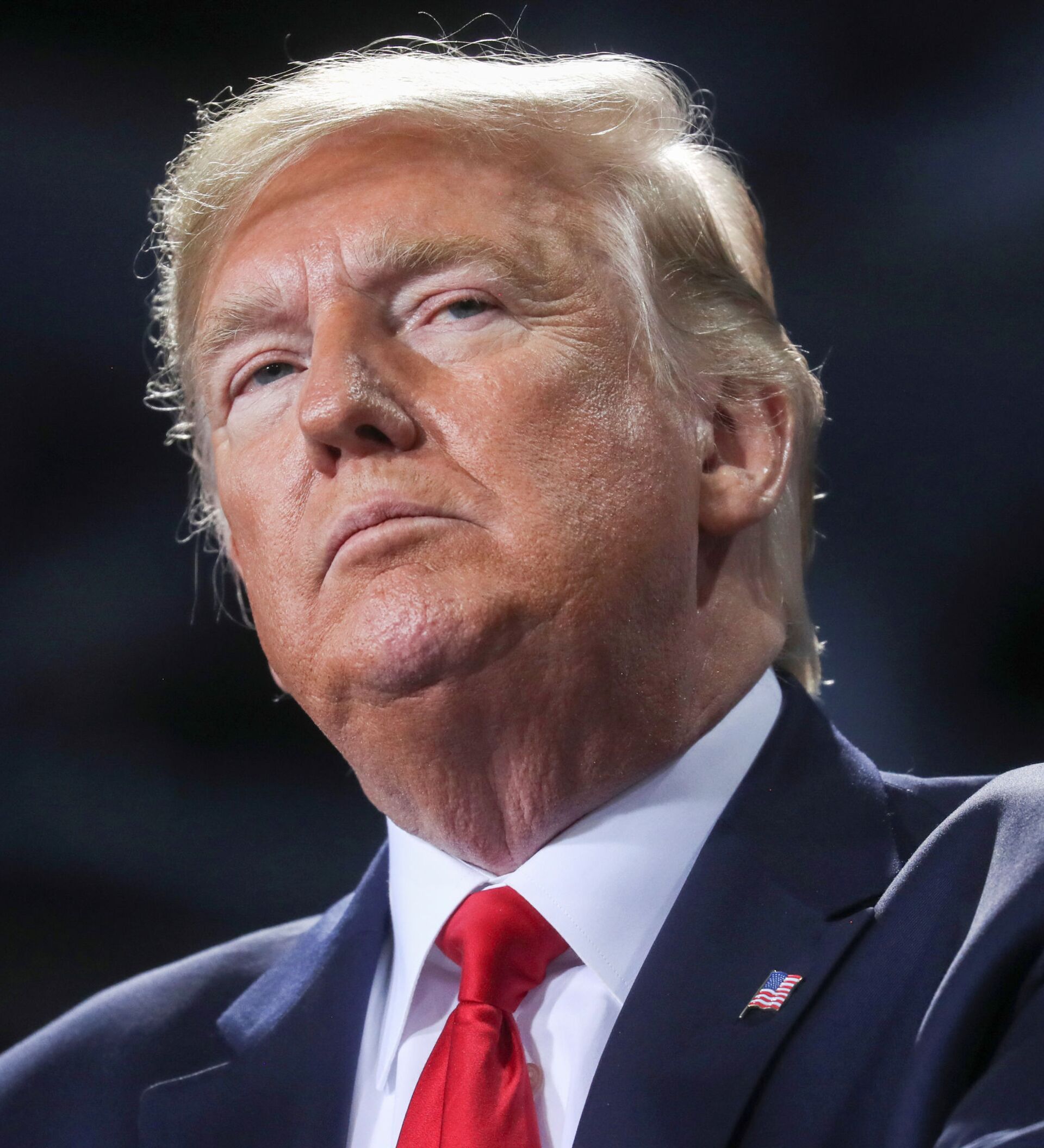Impeachment: Definition, Process, and Examples in US History
Editor's Note: Our latest guide on "Impeachment: Definition, Process, and Examples in US History" has just been published today. We all know that this topic is significant. Let's dig right in!
To help you understand everything about "Impeachment: Definition, Process, and Examples in US History," we have broken down this guide into several sections, giving you a comprehensive view of each topic's aspects. This will enable you to make the right decision!
| Definition of Impeachment | Process of Impeachment | Examples of Impeachments in US History |
|---|---|---|
| The process of removing a public official from office | The House of Representatives votes to formally accuse the official of wrongdoing; the Senate then holds a trial to determine if the official should be removed from office | Andrew Johnson, Richard Nixon, Bill Clinton, Donald Trump |
Let's move on to the main topics to explore in more detail!
FAQs
A comprehensive set of frequently asked questions is provided below, designed to enhance your understanding of impeachment proceedings, their significance, and their historical context within the United States political system.
Question 1: What is the definition of impeachment?
Impeachment is the process by which a legislative body levels charges against a government official, typically for serious misconduct or violations of the law.

韓国大統領の弾劾手続き:罷免までには国会採決や憲法裁審理が必要 - Bloomberg - Source www.bloomberg.co.jp
Question 2: What are the steps involved in the impeachment process?
The impeachment process generally involves two distinct stages: the investigation and the trial. The investigation is conducted by a committee within the legislative body, which gathers evidence and makes recommendations on whether to proceed with formal charges. If the committee recommends impeachment, the full legislative body votes on whether to approve the charges. If a majority votes in favor of impeachment, the official is formally removed from office and a trial is held to determine their guilt or innocence.
Question 3: What are some examples of impeachment in US history?
Several notable impeachments have occurred throughout US history, including the impeachments of Andrew Johnson, Bill Clinton, and Donald Trump. Each case involved unique circumstances and allegations, highlighting the complexities of the impeachment process.
Question 4: What are the potential consequences of impeachment?
The consequences of impeachment can be severe, as it can result in the removal of an official from office. Additionally, an impeached official may face criminal charges and other legal consequences, depending on the nature of the allegations.
Question 5: What are the arguments for and against impeachment?
The decision to impeach an official is often contentious, with strong arguments both for and against the process. Proponents argue that impeachment is a necessary mechanism to hold officials accountable for wrongdoing and to protect the integrity of the government. Opponents, on the other hand, may argue that impeachment is a political tool that can be used to unfairly target and remove officials.
Question 6: What is the future of impeachment in the United States?
The future of impeachment in the United States remains uncertain. The process has been used sparingly throughout history, but it is likely to continue to be a topic of debate and controversy as the political landscape evolves.
The above FAQs provide a comprehensive overview of the impeachment process, its historical significance, and the key issues surrounding it. Understanding the nuances of impeachment is crucial for informed civic discourse and engagement in the American political system.
For further exploration of this topic, please refer to the following article:
Tips for Understanding Impeachment
Impeachment is a serious process with far-reaching consequences. By understanding the definition, procedures, and historical examples of impeachment, you can better grasp its significance and impact on American politics.
Tip 1: Impeachment is a Formal Accusation
Impeachment is the process by which a legislative body levels charges against a high-ranking official, typically the president or a federal judge. These charges, known as articles of impeachment, allege that the official has committed "treason, bribery, or other high crimes and misdemeanors."
弾劾訴追案: 定義、手続き、米国史における例 provides a comprehensive overview of the impeachment process, including historical examples and the potential consequences for those who are impeached.
Tip 2: The House of Representatives Initiates Impeachment
In the United States, the House of Representatives has the sole power to impeach federal officials. If the House votes to impeach an official, the matter is then sent to the Senate for a trial.
Tip 3: The Senate Conducts Impeachment Trials
The Senate is responsible for conducting impeachment trials. During these trials, senators act as jurors and vote on whether to convict or acquit the accused official. A two-thirds majority is required to convict.
Summary of key takeaways or benefits: By understanding these tips, you can gain a deeper understanding of the impeachment process and its significance in American politics.
Transition to the article's conclusion: For more detailed information on impeachment, including historical examples and potential consequences, refer to 弾劾訴追案: 定義、手続き、米国史における例.
Impeachment: Definition, Process, and Examples in US History
Impeachment is a constitutional mechanism for holding elected officials accountable for serious crimes or misdemeanors. It involves a formal accusation by the House of Representatives, followed by a trial in the Senate, which may result in removal from office.
- Definition: Formal accusation of high crimes and misdemeanors.
- Grounds: Treason, bribery, high crimes, or serious misdemeanors.
- Process: Accusation by the House, trial by the Senate.
- Outcome: Removal from office, disqualification from future office.
- Historical Examples: Andrew Johnson, Bill Clinton, Donald Trump.
- Consequences: Can lead to political instability, loss of public faith.

トランプ大統領 弾劾訴追決議案可決は民主党の「自殺行為」 - 2019年12月19日, Sputnik 日本 - Source sputniknews.jp
Impeachment is a complex and controversial process that plays a critical role in maintaining the balance of power and accountability in the US government. The examples in history demonstrate the seriousness of the charges and the consequences they can have for both the accused individual and the nation as a whole.

トランプ氏に迫る歴史的な屈辱、米下院が弾劾訴追決議案を採決へ - Bloomberg - Source www.bloomberg.co.jp
弾劾訴追案: 定義、手続き、米国史における例
弾劾訴追とは、公職者に対して重大な犯罪や軽罪を理由に訴追する手続きです。米国では、弾劾訴追は下院によって行われ、上院によって裁判が行われます。弾劾訴追は大変なことであり、その結果、罷免や失格につながる可能性があります。

米議会下院 マヨルカス国土安全保障長官の弾劾訴追案を1票差で可決 閣僚の弾劾訴追は148年ぶり (2024年2月14日掲載) - ライブドアニュース - Source news.livedoor.com
弾劾訴追手続きは厳格に定められています。下院はまず弾劾訴追決議案を可決しなければなりません。その後、上院は裁判を行い、有罪判決を下すには3分の2以上の多数決が必要です。弾劾訴追は慎重に行使されるべき重大な権限です。また、米国史においても稀なことである。
米国史上、大統領3人が弾劾訴追されている。アンドリュー・ジョンソン(1868年)、ビル・クリントン(1998年)、ドナルド・トランプ(2019年、2021年)である。この3人の大統領はいずれも上院で無罪となった。弾劾訴追は重大な出来事であり、米国に大きな影響を与える可能性がある。
弾劾訴追は米国政治で強力なツールと見なされている。しかし、慎重かつまれに使用することも重要です。弾劾訴追は権力の乱用として見られる可能性があり、政府に対する国民の信頼を損なう可能性があります。